The next room shown the stylistic change of the time. The Age of Enlightenment and Sensibility is marked by a turn towards nature and feeling, which is also characteristic of the young Goethe.
Along with the social changes of the late 18th century art was also transformed. The painter was no longer a craftsperson but could rise through the social ranks as an artist. At the same time a changed concept of the person entered painting. In the portraits of a new era, the nobility of a count, for example, was no longer recognizable solely through conventional attributes such as a rich outfit and furnishings but also through his bearing and characterful expression. In contrast, the young daughters of an artist could distinguish themselves in portraits through their musical abilities and alert naturalism. If the Enlightenment opposed contrived poses and affect, the era of Sensibility additionally demanded that feeling be included as a category in art. This was true of both literature and art. In his The Sorrows of Young Werther Goethe thus vehemently counters all social rules with the truth and strength of feeling.
In painting, too, the gaze became more private, the middle class became worthy of representation, genre images showed the simple life, and portraits took on a more playful guise, for example by depicting their sitter as a character from mythology or literature. In this, grace and elegance were thoroughly compatible with the ideal of lack of pretention. An atmospheric tone and a personal perspective were explored even in landscapes, which showed one’s own personal perspective on the world beyond topographic precision and conventional set pieces.
Objects in the room
-
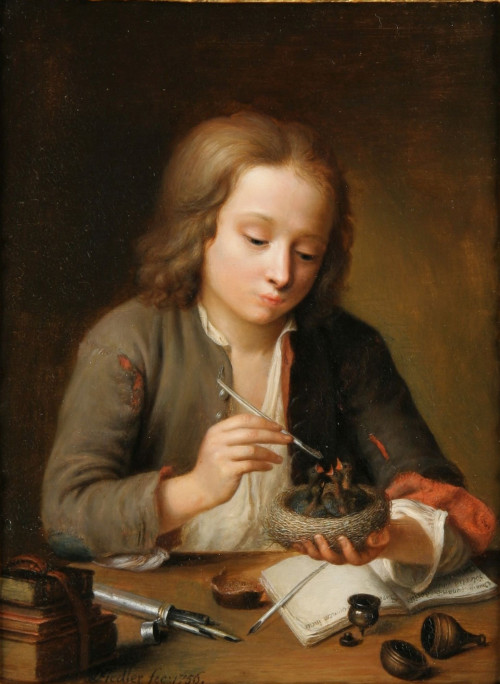
Johann Christian Fiedler
EIN KNABE, VÖGEL FÜTTERND
1756, oil on copper
-
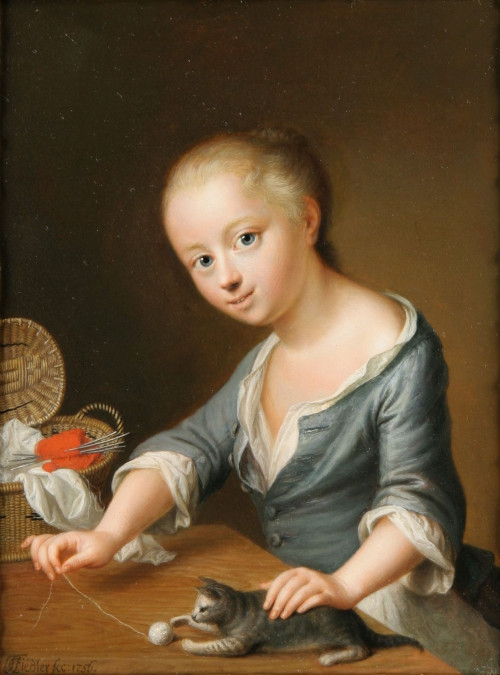
Johann Christian Fiedler
EIN MÄDCHEN, MIT EINER KATZE SPIELEND
1756, oil on copper
-
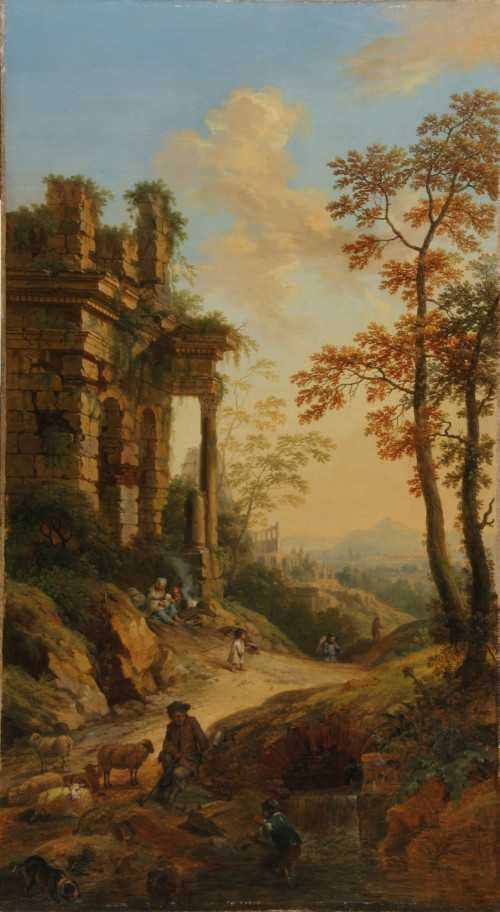
Christian Georg Schütz I.
GROSSE IDEALLANDSCHAFT MIT ANTIKEN RUINEN I
Around 1759/63, oil on canvas, staffage by Johann Conrad Seekatz (1719–1768)
-
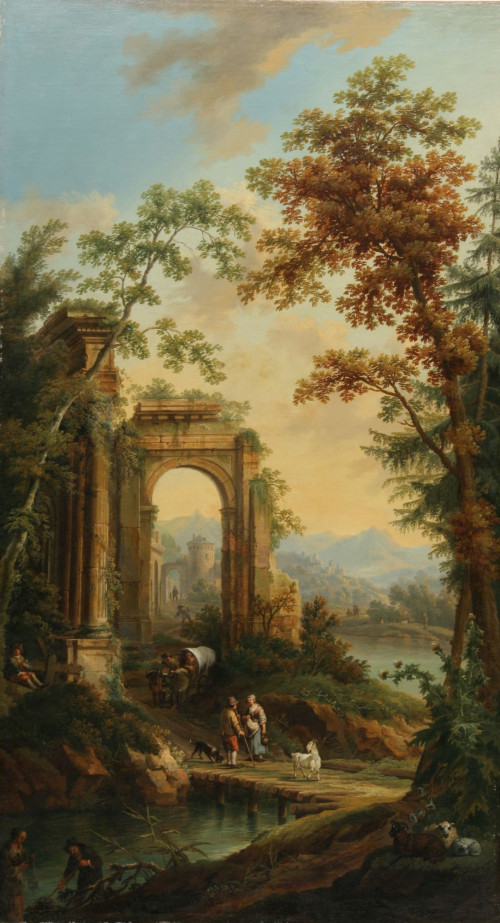
Christian Georg Schütz I.
GROSSE IDEALLANDSCHAFT MIT ANTIKEN RUINEN II
Around 1759/63, oil on canvas, staffage by Friedrich Wilhelm Hirt (1721‒1772)
-
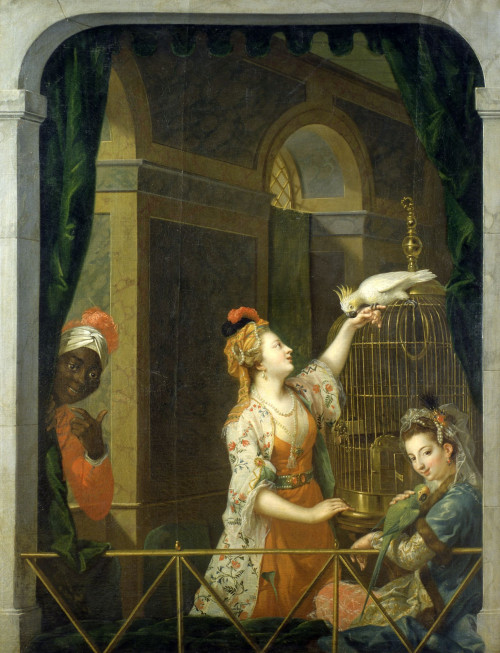
Johann Heinrich Tischbein d.Ä.
DIE TÖCHTER DES KÜNSTLERS IM TÜRKISCHEN KOSTÜM
Around 1780/85, oil on canvas
-
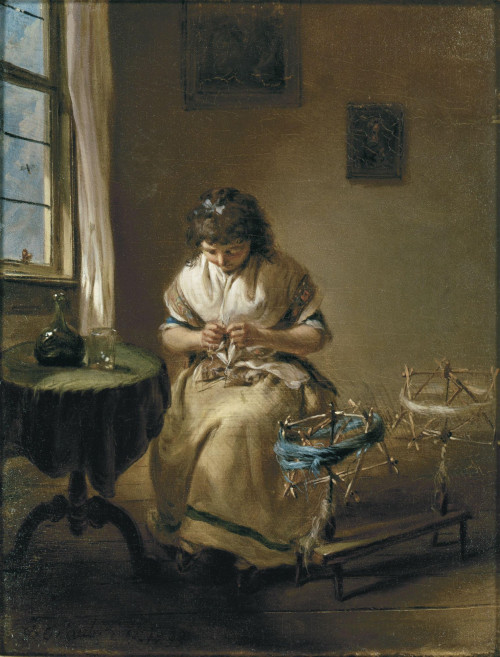
Georg Karl Samuel Urlaub
DIE STRICKERIN
Around 1799, oil on oak wood
-
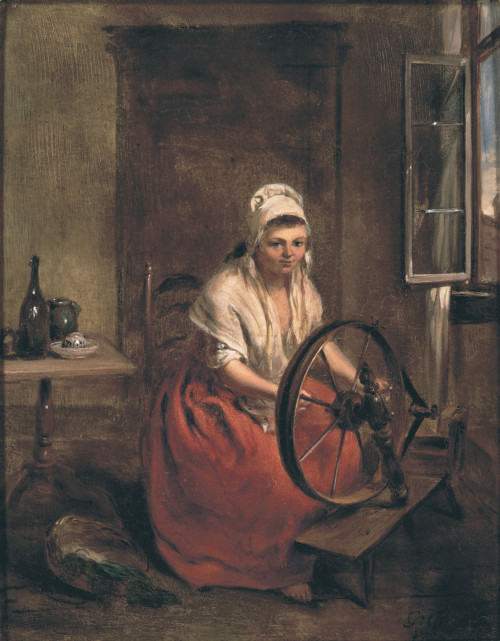
Georg Karl Samuel Urlaub
DIE SPINNERIN
Around 1799, oil on oak wood
-
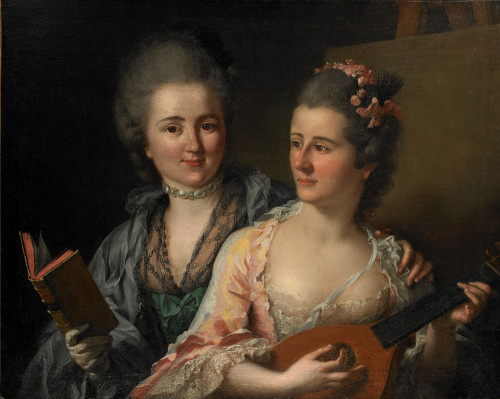
Johann Heinrich Tischbein d.Ä.
FRIEDERIKE ELISABETH UND WILHELMINE OESER
1776, oil on canvas
-
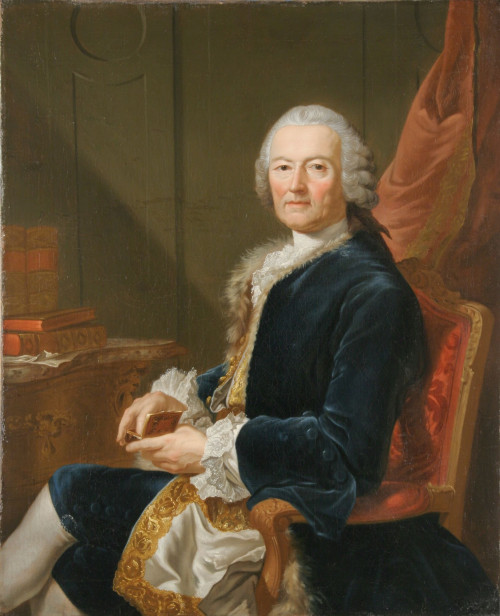
Johann Heinrich Tischbein d.Ä.
ANTON HEINRICH FRIEDRICH REICHSGRAF VON STADION ZU THANN UND WARTHAUSEN
Around 1752, oil on canvas
-
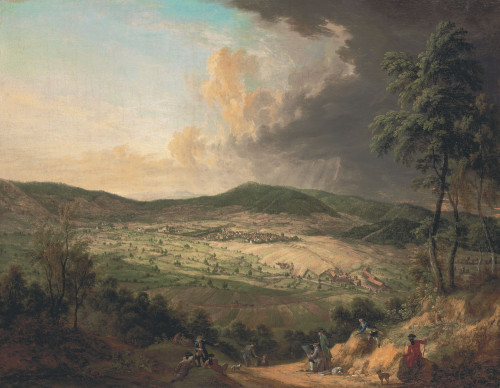
Christian Georg Schütz I.
BLICK AUF PYRMONT VON SÜDOSTEN
Around 1775, oil on canvas, staffage by Gottlieb Welté (1745/49–1792)